Gentle Skincare for Sensitive Skin in Winter
As winter sets in and the temperatures drop, it's time to adjust your skincare routine to combat the harsh conditions that can wreak havoc on your skin. If you have sensitive skin, this season can be particularly challenging, as cold winds, low humidity, and indoor heating can all contribute to irritation and dryness. But fear not; with the right approach, you can keep your sensitive skin healthy and glowing throughout the winter. In this blog, we'll explore some essential tips and gentle skincare practices to help you maintain a radiant complexion when the mercury plunges.
Understand Your Skin

Before diving into the details of a winter skincare routine, it's crucial to understand your skin type. Sensitive skin is more prone to irritation and can react negatively to harsh ingredients or extreme weather conditions. Common signs of sensitive skin include redness, itching, burning, and a tendency to flush easily. If you're unsure whether you have sensitive skin, consult a dermatologist for a proper assessment.
Choose the Right Cleanser
Your cleansing routine is the first step in your skincare regimen, and it's crucial to choose a gentle, hydrating cleanser that won't strip your skin of its natural oils. Opt for a fragrance-free, sulfate-free cleanser that is specifically designed for sensitive skin. Avoid using hot water, as it can be harsh on the skin, and opt for lukewarm water instead. Gently pat your face dry with a soft, clean towel.
Hydration is Key
Winter air is dry, both outdoors and indoors due to heating systems. To combat this dryness, you need to keep your skin well-hydrated. Look for a mild, alcohol-free, and fragrance-free moisturizer formulated for sensitive skin. These moisturizers help lock in moisture, soothe irritation, and create a protective barrier against the harsh elements. Apply your moisturizer immediately after cleansing to trap moisture in your skin.
Sun Protection Is Still Important

Don't make the mistake of thinking that sun protection is only necessary in the summer. UV rays can still harm your skin in the winter, and snow can reflect and intensify their effects. Choose a broad-spectrum sunscreen with an SPF of at least 30. Apply it to your face, neck, and any other exposed areas when you're heading outdoors, and reapply as needed.
Exfoliate Wisely
Exfoliation is an essential part of any skincare routine, but for sensitive skin, it's crucial to do it with caution. Over-exfoliating can lead to redness and irritation. Instead of using harsh physical exfoliants, opt for a chemical exfoliant containing gentle ingredients like alpha hydroxy acids (AHAs) or beta hydroxy acids (BHAs). Limit exfoliation to once a week to avoid overstimulating your skin.
Watch Your Diet

What you eat can have a significant impact on the health of your skin. In the winter, focus on consuming foods rich in essential fatty acids, such as avocados, walnuts, and salmon. These foods help maintain the skin's natural barrier and lock in moisture. Also, remember to stay hydrated by drinking plenty of water to keep your skin from becoming dehydrated.
Humidify Your Indoor Space
Indoor heating systems can dry out the air in your home, which, in turn, can dry out your skin. To counter this, consider using a humidifier in your bedroom or other frequently used spaces. Adding moisture to the air can help maintain a comfortable level of humidity, preventing your skin from becoming excessively dry and irritated.
Be Mindful of Hot Showers
While a long, hot shower can be enticing in the winter, it's not the best choice for sensitive skin. Hot water can strip your skin of its natural oils, leading to dryness and irritation. Instead, opt for shorter, lukewarm showers to help your skin retain its moisture. Additionally, be mindful of the soap or body wash you use, choosing gentle, fragrance-free options.
Avoid Harsh Ingredients
Check the ingredient lists of your skincare products, and avoid those that contain harsh or irritating ingredients, such as alcohol, fragrances, and strong preservatives. Look for products labeled as hypoallergenic and designed for sensitive skin. These are formulated to minimize the risk of irritation.
Patch Test New Products
Before incorporating a new product into your skincare routine, conduct a patch test. Apply a small amount of the product to a discreet area of your skin, such as your inner wrist, and wait for 24 to 48 hours. If you experience any adverse reactions, such as redness or itching, it's a sign that the product may not be suitable for your sensitive skin.
Consult a Dermatologist
If you're struggling to manage your sensitive skin during the winter months, or if you experience severe discomfort or persistent skin issues, it's a good idea to consult a dermatologist. They can provide professional advice, recommend specific products, and even prescribe medication if necessary.
In conclusion, taking care of sensitive skin during the winter requires a gentle and proactive approach. By choosing the right skincare products, avoiding harsh ingredients, and maintaining proper hydration, you can keep your skin healthy, comfortable, and radiant even in the coldest of months. Remember that consistency is key, so stick to your winter skincare routine, and your skin will thank you by staying soft, smooth, and beautiful all season long.


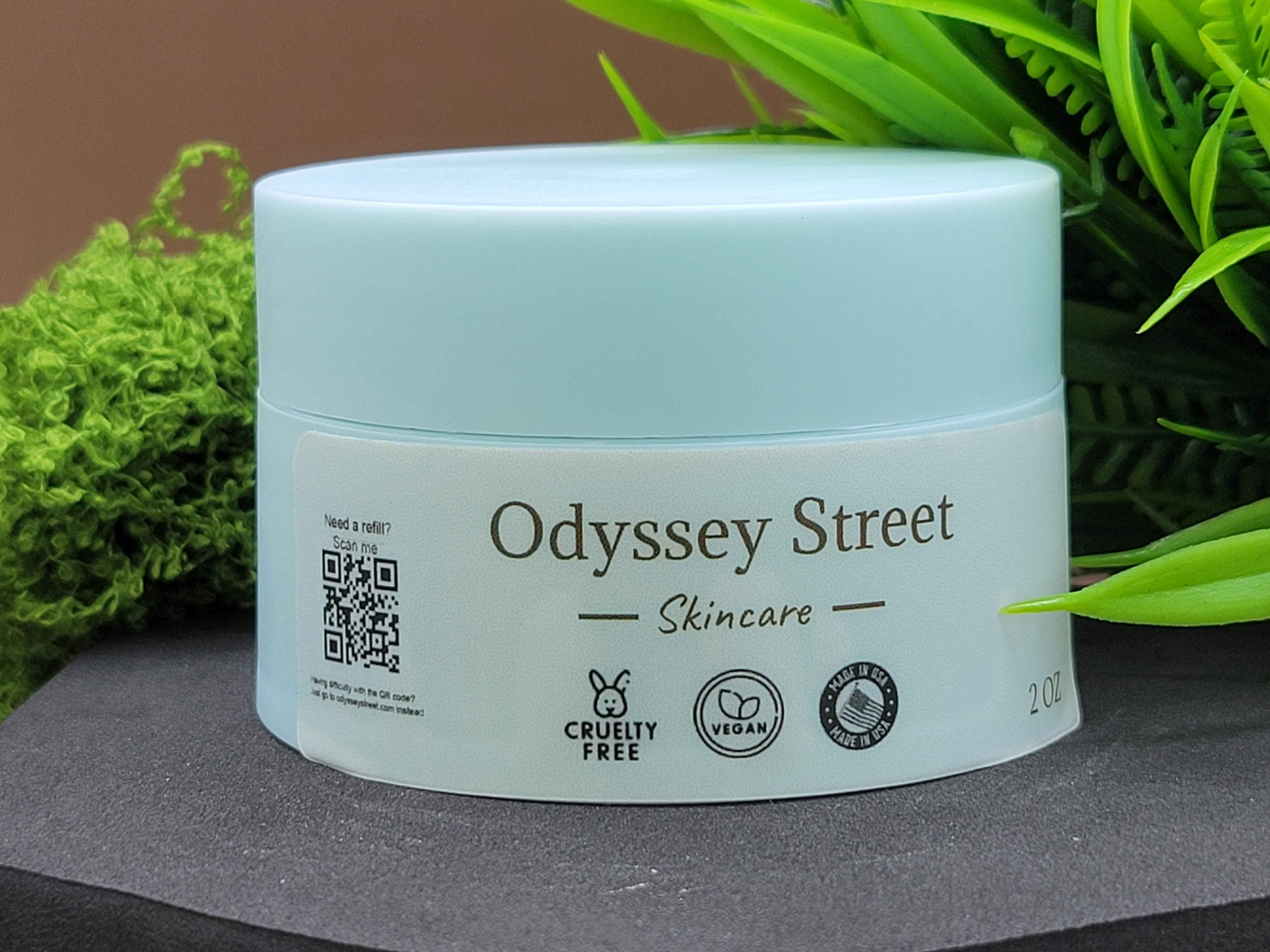
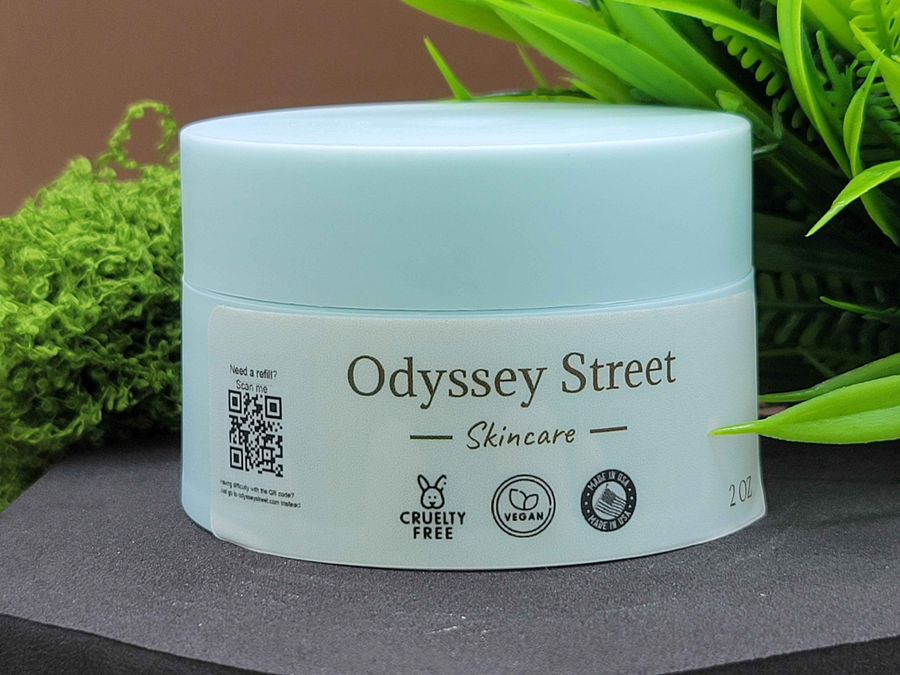





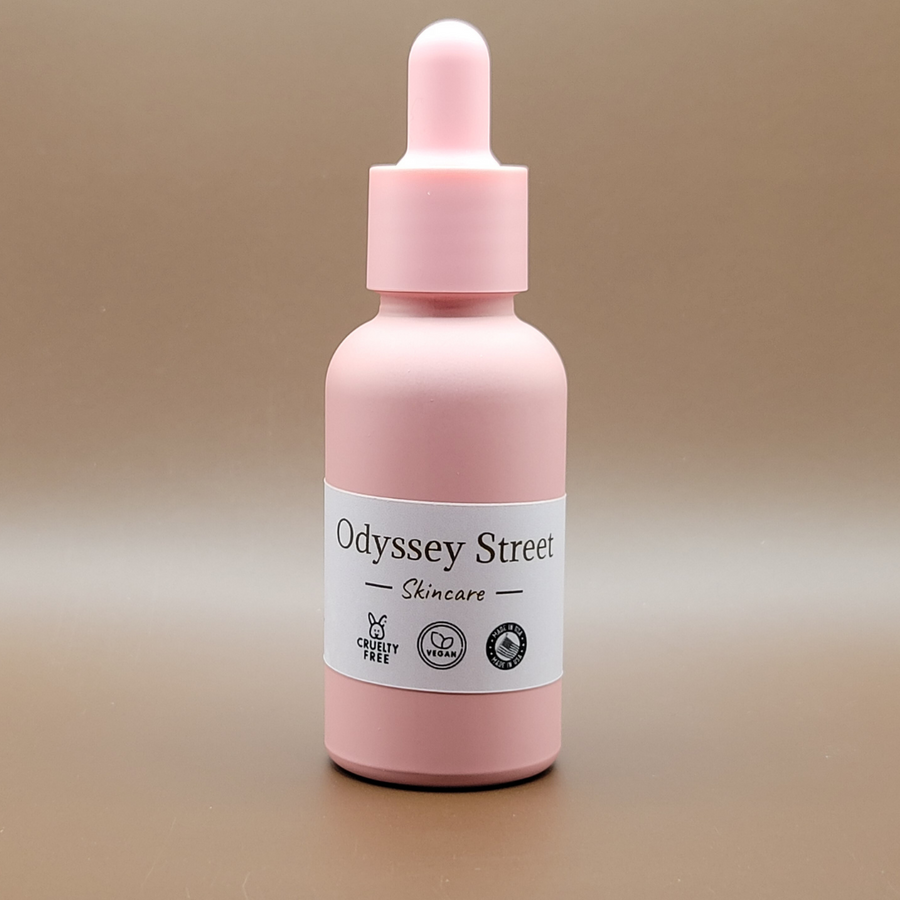

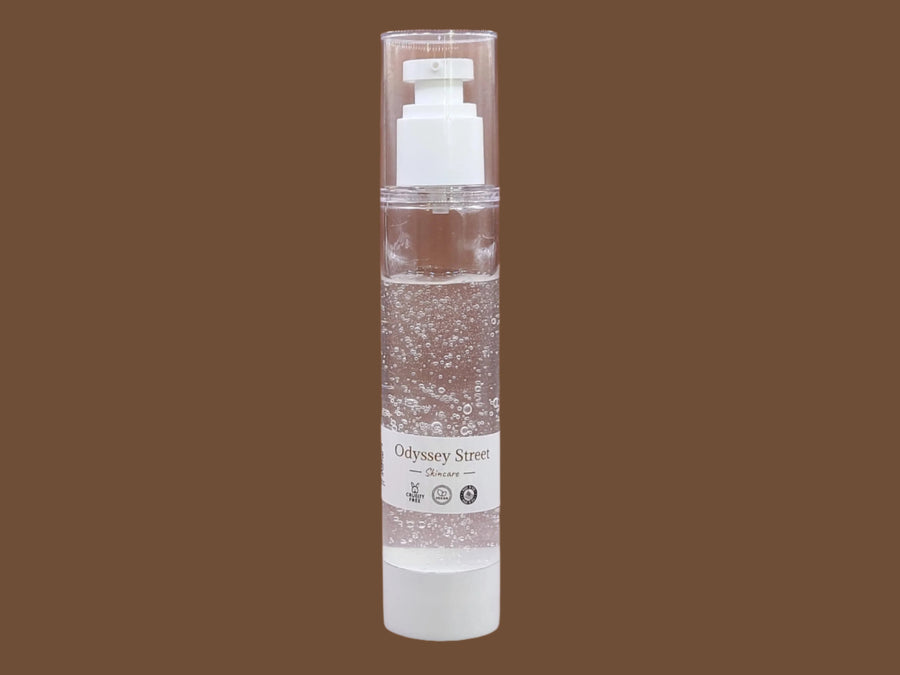

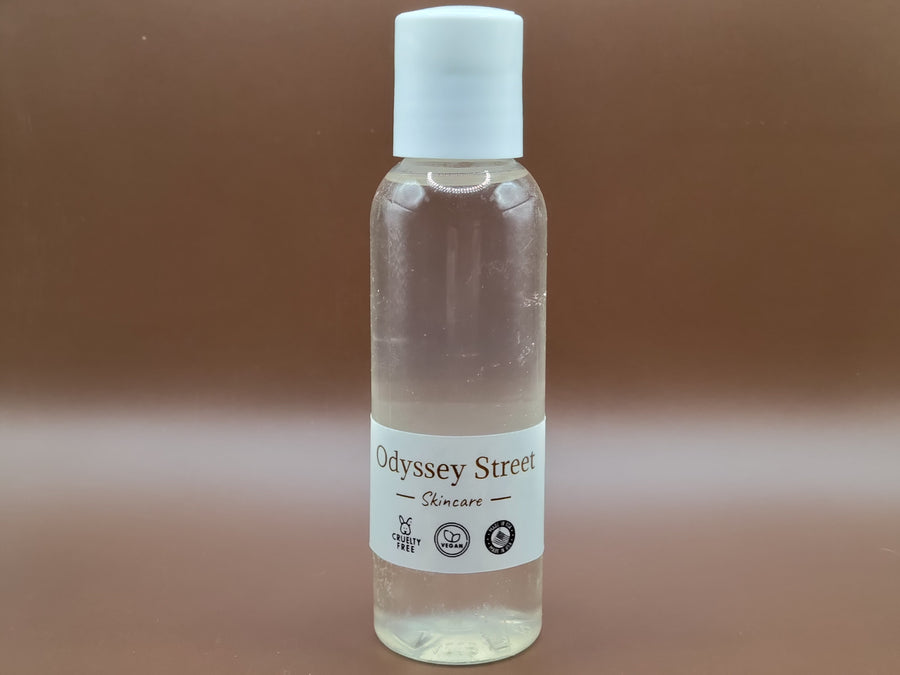
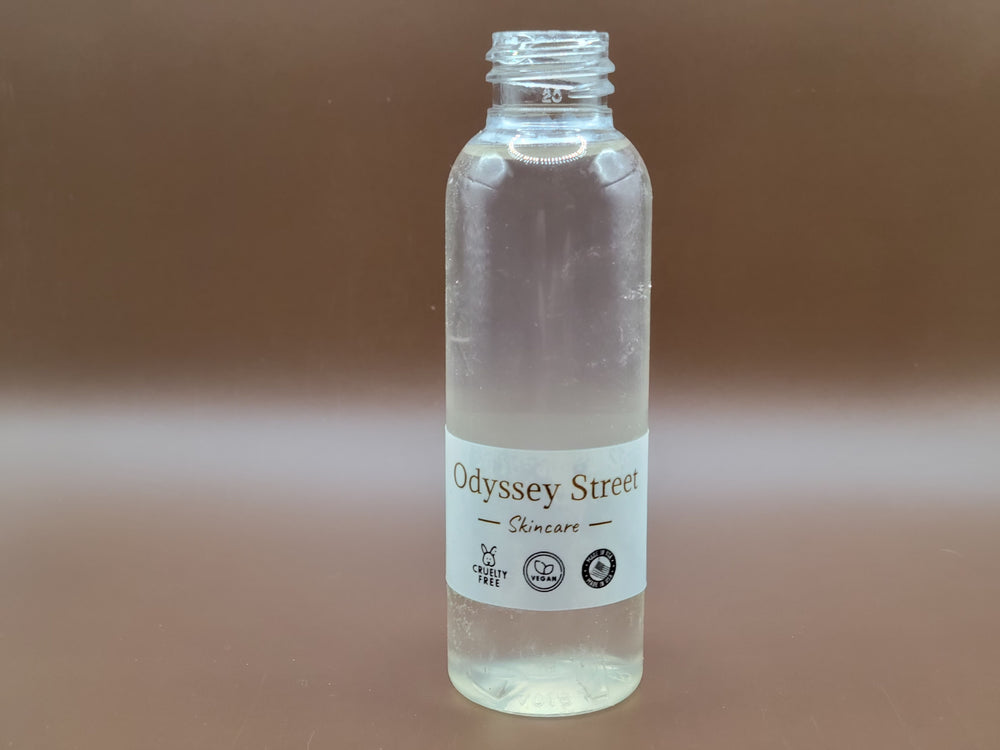
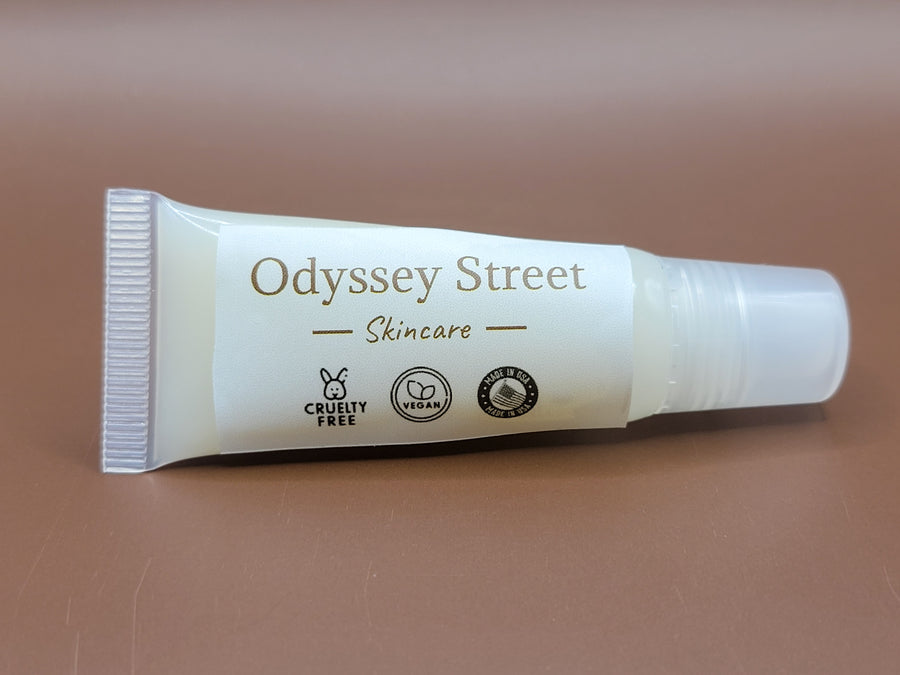
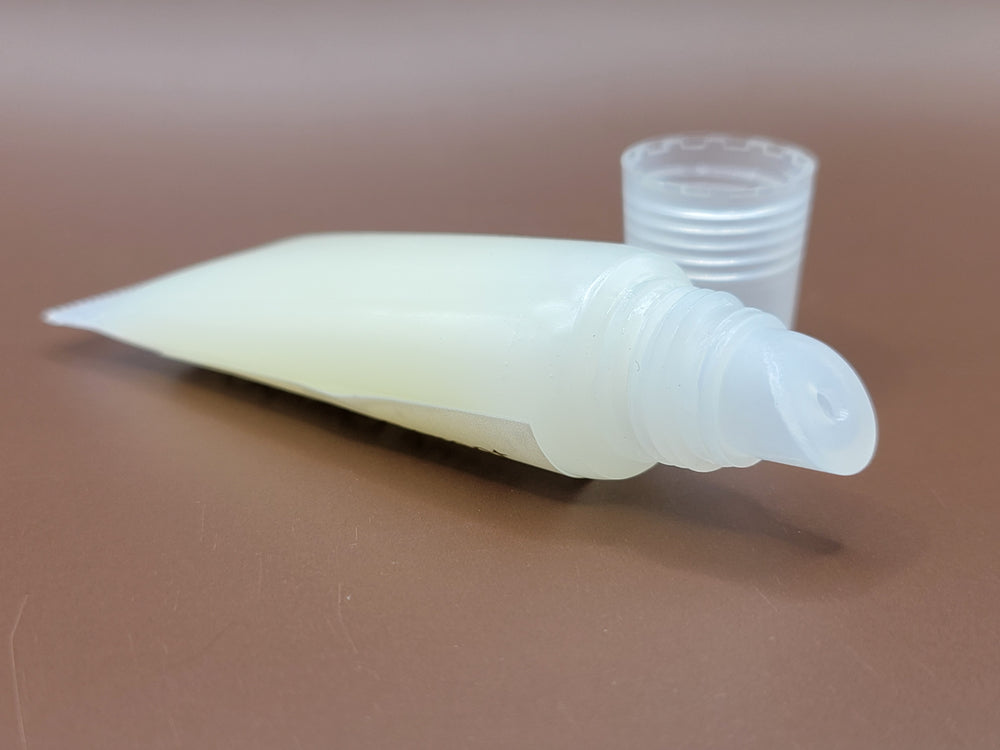
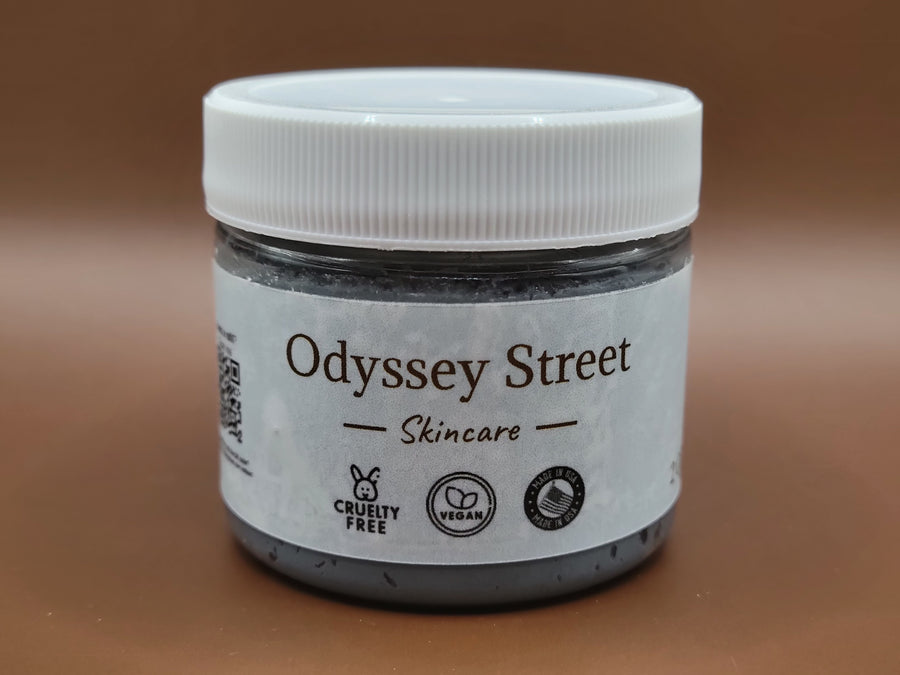
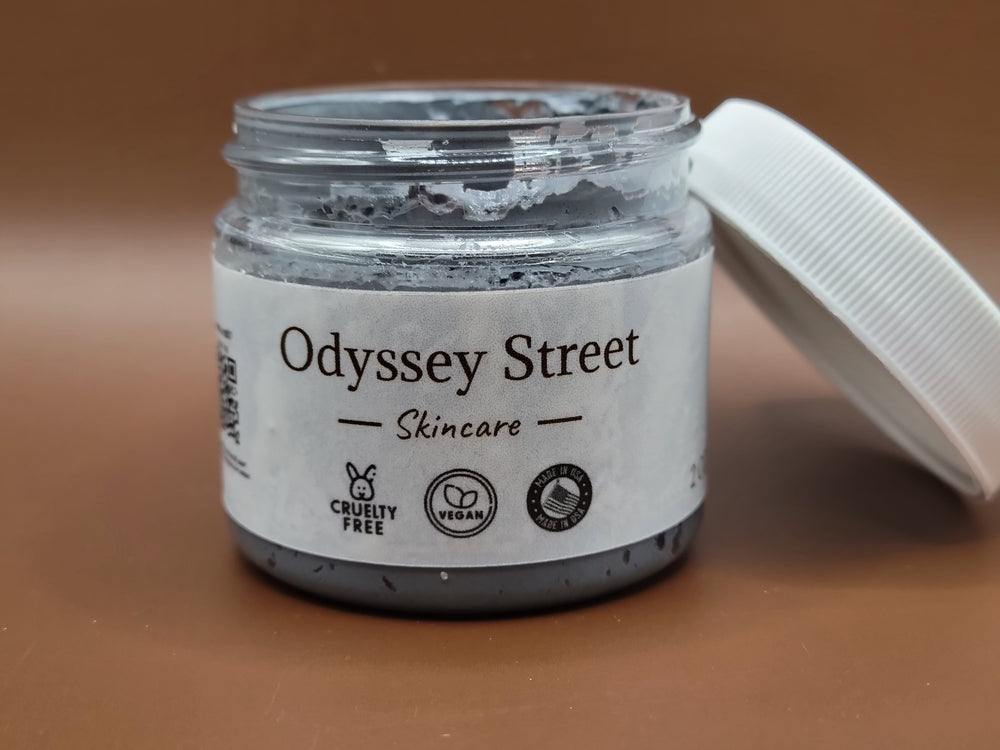
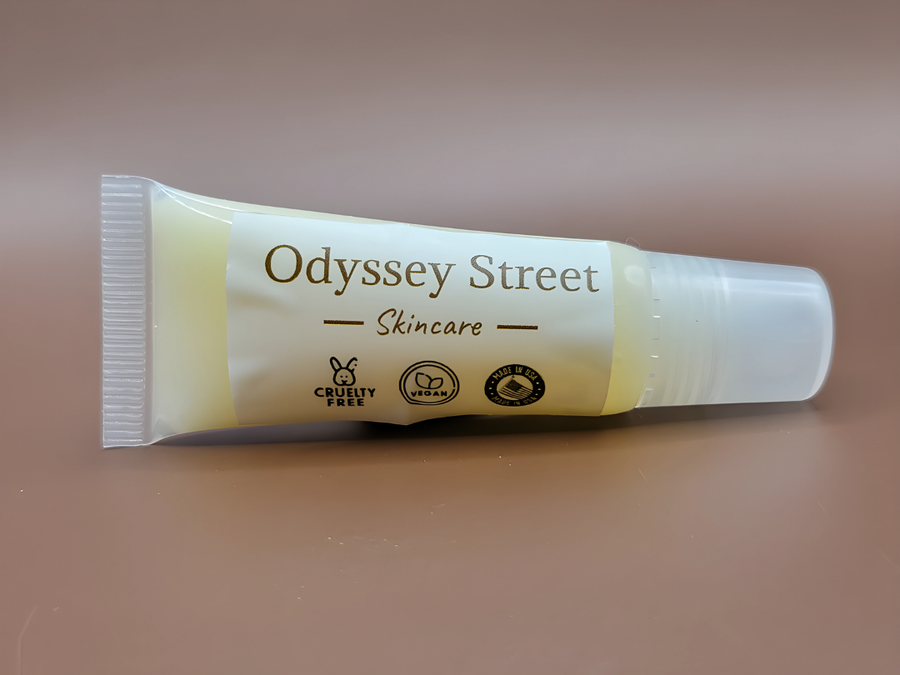
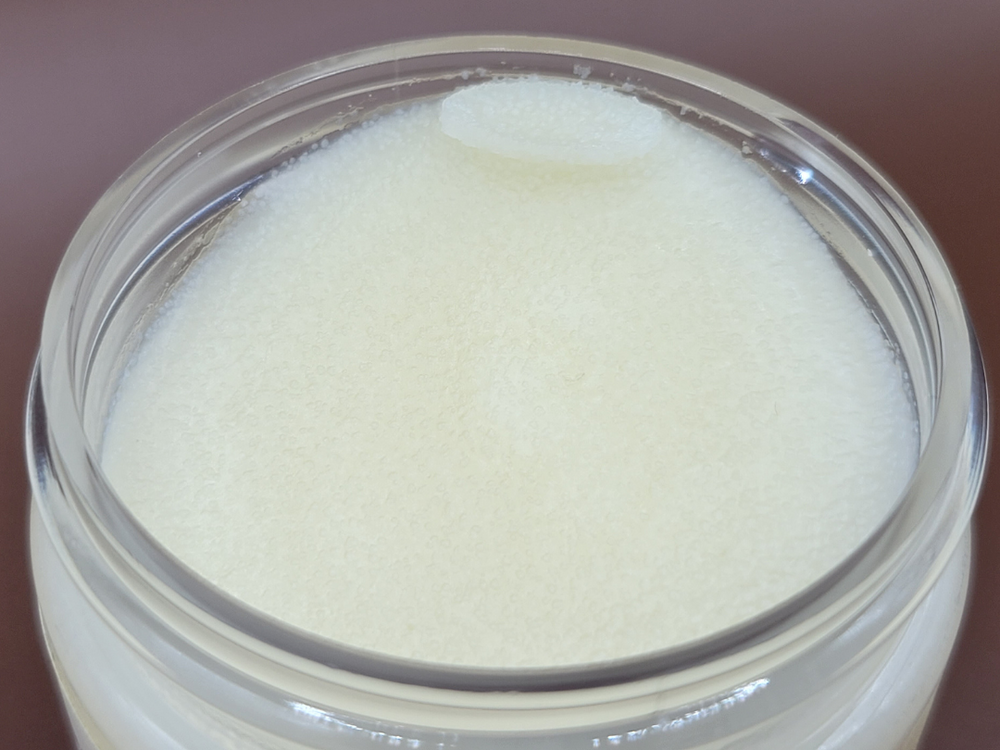
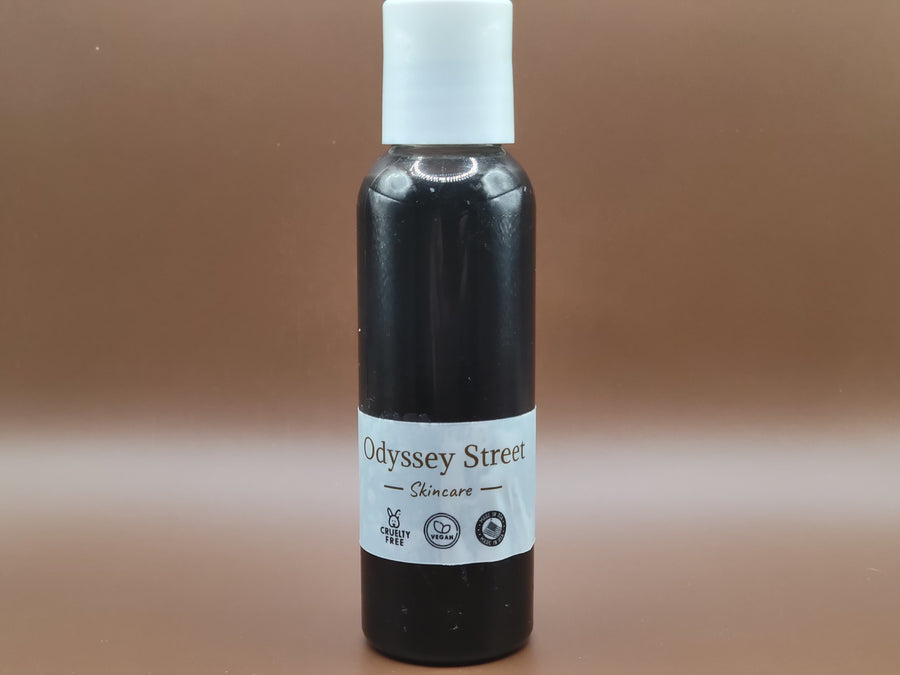

Leave a comment